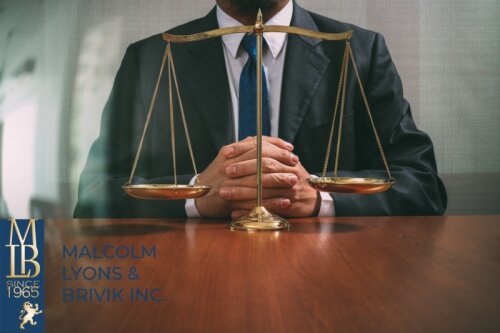Best Defamation Lawyers in Cape Town
Share your needs with us, get contacted by law firms.
Free. Takes 2 min.
List of the best lawyers in Cape Town, South Africa
South Africa Defamation Legal Questions answered by Lawyers
Browse our 1 legal question about Defamation in South Africa and read the lawyer answers, or ask your own questions for free.
- I want to sue someone for defamation and harassment
- Someone posted me on social media, without my consent and started spreading rumours about me. How should i handle this?
-
Lawyer answer by OPRICHTER Legal Network
Collect all available evidence, including chat conversations, voice recordings, and any other supporting materials. After that, you may file a report with the police.
Read full answer
About Defamation Law in Cape Town, South Africa:
Defamation is a legal concept that protects an individual's reputation from false statements that are made with the intent to harm. In Cape Town, South Africa, defamation law is governed by both common law principles and the Defamation Act of 1967. It is essential to understand the intricacies of defamation law to navigate potential legal issues effectively.
Why You May Need a Lawyer:
There are various situations where you may require legal assistance in matters of defamation. If you have been falsely accused of making defamatory statements or if someone has made false statements about you that have harmed your reputation, it is crucial to seek legal guidance to protect your rights and seek appropriate remedies.
Local Laws Overview:
In Cape Town, South Africa, defamation can take the form of both libel (written defamation) and slander (spoken defamation). To establish a claim of defamation, the following elements must be proved: the statement was defamatory, it referred to the claimant, it was published to a third party, and it caused harm to the claimant's reputation. It is important to note that truth is a defense to defamation in South African law.
Frequently Asked Questions:
1. What is the difference between libel and slander?
Libel refers to written defamatory statements, while slander refers to spoken defamatory statements.
2. Can I sue someone for defamation without a lawyer?
While it is possible to pursue a defamation claim without a lawyer, legal guidance is recommended to navigate the complexities of the legal process effectively.
3. How long do I have to file a defamation claim in Cape Town?
There is a one-year limitation period for filing a defamation claim in Cape Town, South Africa.
4. Can I be held liable for defamation if I share defamatory statements made by someone else?
Reposting or sharing defamatory statements can potentially make you liable for defamation, so it is essential to exercise caution when sharing such content.
5. What damages can I claim in a defamation case?
In a defamation case, you may be able to claim damages for harm to your reputation, emotional distress, and any financial losses incurred as a result of the defamatory statements.
6. Can I apologize to avoid a defamation lawsuit?
An apology may help mitigate damages in a defamation case, but it may not prevent a lawsuit if the defamatory statements have already caused harm to the claimant's reputation.
7. Are there defenses to defamation in South African law?
Truth, public interest, and fair comment are recognized defenses to defamation in South African law.
8. What should I do if I receive a letter alleging defamation?
If you receive a letter alleging defamation, it is advisable to seek legal advice promptly to understand your rights and options.
9. Can a public figure sue for defamation in Cape Town?
Public figures, including politicians and celebrities, can sue for defamation in Cape Town if the defamatory statements are false and have caused harm to their reputation.
10. How can I prove defamation in court?
To prove defamation in court, you would need to provide evidence that the statements were false, published to a third party, and caused harm to your reputation.
Additional Resources:
For more information on defamation law in Cape Town, South Africa, you may refer to legal resources such as the South African Law Commission and the Legal Practice Council.
Next Steps:
If you require legal assistance in a defamation matter in Cape Town, South Africa, it is advisable to consult with a qualified defamation lawyer who can provide you with tailored advice and representation throughout the legal process.
Lawzana helps you find the best lawyers and law firms in Cape Town through a curated and pre-screened list of qualified legal professionals. Our platform offers rankings and detailed profiles of attorneys and law firms, allowing you to compare based on practice areas, including Defamation, experience, and client feedback.
Each profile includes a description of the firm's areas of practice, client reviews, team members and partners, year of establishment, spoken languages, office locations, contact information, social media presence, and any published articles or resources. Most firms on our platform speak English and are experienced in both local and international legal matters.
Get a quote from top-rated law firms in Cape Town, South Africa — quickly, securely, and without unnecessary hassle.
Disclaimer:
The information provided on this page is for general informational purposes only and does not constitute legal advice. While we strive to ensure the accuracy and relevance of the content, legal information may change over time, and interpretations of the law can vary. You should always consult with a qualified legal professional for advice specific to your situation.
We disclaim all liability for actions taken or not taken based on the content of this page. If you believe any information is incorrect or outdated, please contact us, and we will review and update it where appropriate.












